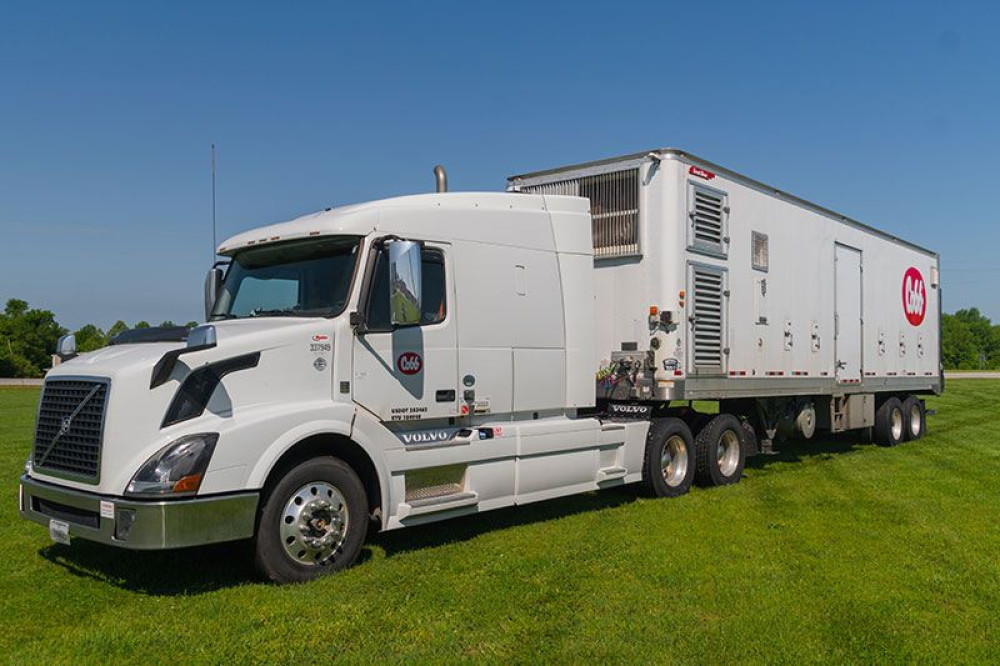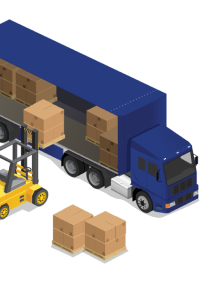
We fully understand that in today’s competitive markets, you need accessibility, reliability, and solutions that create your competitive edge from your logistics partner – more than just a trucking service. And that’s what we deliver; we do that through our people and processes and by leveraging best in class technologies in everything we do.

Trucking Services Available. With a sizeable domestic trucking fleet plus robust international road freight partnerships to support our truckload service, we offer a full variety of road freight solutions from expedited and door-to-door to consolidated and dedicated fleet.
To meet the dynamic needs of our clients, we can arrange fleet management on a local, regional, and national level. Domestic trucking services throughout the United States for all your transportation needs.
Project Management from start to finish, development of load plan, mode optimization, reporting & visibility, truck (all types) and rail services.
We have ground freight solutions throughout the United States to match all your capacity requirements, including:
The chargeable weight is the greater of the package's actual weight or dimensional weight.
The introduction in the most recent version explains the purpose and use of the Incoterms® rules, identifies differences between Incoterms® 2010 and Incoterms® 2020
Free Carrier (FCA) has been revised for Incoterms® 2020 to cater to a situation where goods are sold FCA for carriage by sea and buyer or seller (or either party’s bank) requests a bill of lading with an on-board notation. FCA in article A6/B6 now provides for the parties to agree that the buyer will instruct the carrier to issue an on-board bill of lading to the seller once the goods have been loaded on board, and for the seller then to tender the document to the buyer (often through the banks).
All costs associated with a given Incoterms rule now appear at article A9/B9 of that rule, allowing users to see the full list of expected costs at a glance. In addition to the aggregated presentation, the costs associated with each item still appear in the respective articles to accommodate a user who wants to focus on a specific aspect of the sale transaction.
The Incoterms® 2020 rules provide for different levels of insurance coverage in the Cost Insurance and Freight (CIF) rule and Carriage and Insurance Paid To (CIP) rule.
CIF Incoterms® rule, which is reserved for use in maritime trade and often used in commodity trading, the Institute Cargo Clauses (C) remains the default level of coverage, giving parties the option to agree to a higher level of insurance cover. The CIP Incoterms® rule now requires a higher level of cover, compliant with the Institute Cargo Clauses (A) or similar clauses.
It recognises that not all commercial trade transactions from the seller to the buyer are conducted by a third-party carrier.
The latest edition includes clearer and more detailed security-related obligations in articles A4 on carriage and A7 on export/import clearance of each Incoterms® rule. Costs relating to these requirements also appear in the consolidated costs article, A9/B9.